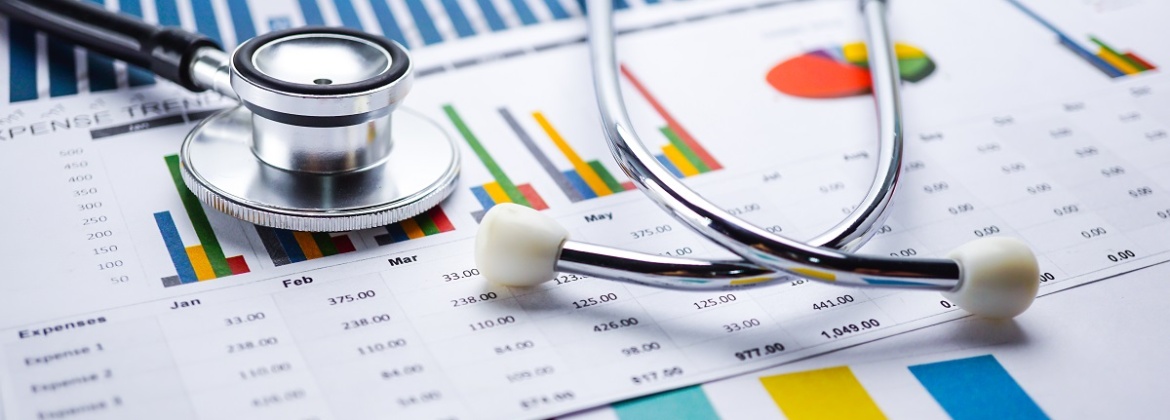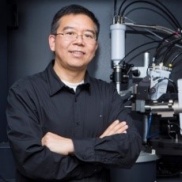UK degrees are three years long whereas in China they are four, therefore we do accept students with certain qualifications directly into Year Two, which is the start of the main academic programme. Most students, however, enter into Year One, which provides you with a range of interesting modules, language classes and core skills for your degree.




